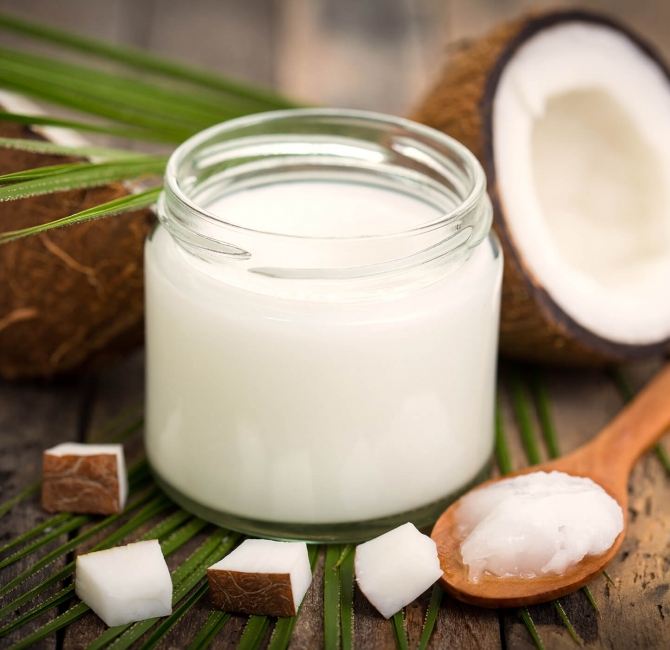Drinking green tea and coffee was associated with reduced all-cause mortality in Japanese patients with type 2 diabetes, especially those who drank both, researchers reported.
In a cohort study that followed nearly 5,000 patients for approximately 5 years, Masanori Iwase, MD, PhD, of Kyushu University in Fukuoka, and colleagues found a dose-response relationship for both beverages. Drinking one cup of green tea every day was associated with a 15% lower mortality risk compared with those who drank no green tea, having two to three cups daily was associated with a 27% reduction, and drinking four or more cups was associated with a 40% drop in risk (P=0.001 for trend).
Similarly, as shown in the study online in BMJ Open Diabetes Research & Care, among coffee drinkers, one cup a day was associated with a 12% lower mortality risk, and two or more cups with a 41% reduction compared with those who drank no coffee (P=0.001 for trend).
Furthermore, risk of death was even lower for those who drank both beverages daily: 51% lower for two to three cups of green tea plus two or more cups of coffee; 58% lower for four or more cups of green tea plus one cup of coffee every day; and 63% lower for a combination of four or more cups of green tea and two or more cups of coffee daily (HR 0.37, 95% CI 0.18-0.77, P for trend not given.
“To date, no study has investigated the combined effect of green tea and coffee consumption on all-cause mortality,” the researchers wrote. “The present study determined that combined higher green tea and coffee consumption markedly reduced mortality. Further, this cohort study included potential confounders, such as sleep duration, diabetic complications, lifestyle, physical activity, laboratory data, and medications.”
Previous studies in the general population have suggested that both green tea and coffee have health benefits, including preventing chronic diseases and reducing mortality, the team noted, adding that few studies, however, have been conducted in patients with diabetes.
Still not fully understood are the mechanisms involved, the researchers said. Green tea contains substances that may have health benefits, including phenolic compounds, theanine, and caffeine, and epigallocatechin gallate, the most prevalent phenolic compound, has been shown to have antioxidant, anti-inflammatory, and anti-mutagenic properties.
Coffee also contains phenolic compounds and caffeine, as well as other bioactive components that may have favourable health effects, Iwase and co-authors explained. Phenolic compounds found in coffee, such as chlorogenic acid, have been reported to have antioxidant and anti-inflammatory effects. Of course, coffee has also been associated with harmful effects, including increasing blood pressure and heart attack risk.
For the new study, Iwase’s group analyzed data on 4,923 patients (2,790 men; 2,133 women) with type 2 diabetes from the Fukuoka Diabetes Registry, a multicenter prospective study designed to investigate the effect of modern treatments and lifestyles on patients with diabetes. The mean age of patients was 66, and they were followed for a median of 5.3 years.
Consumption of green tea and coffee was assessed by a self-administered dietary questionnaire. The main study outcome was all-cause mortality. In the analysis, the researchers adjusted for potential risk or protective factors for mortality including age, sex, body mass index, diabetes duration, smoking, alcohol intake, sleep duration, glycated hemoglobin, systolic blood pressure, low-density lipoprotein cholesterol, history of cardiovascular disease, and cancer. In addition, when examining the effects of green tea, the researchers also adjusted for coffee consumption, and vice versa.
During the follow-up period, 309 individuals died. The main causes of death were cancer (114 patients) and cardiovascular disease (76). When the researchers examined the associations of green tea with these cause-specific mortalities, they found no significant association with cancer (HR 0.65, 95% CI 0.35-1.19, P=0.11) and a non-significant trend with cardiovascular mortality (HR 0.65, 95% CI 0.33-1.29, P=0.08). The results were similar for coffee when the team assessed cancer (HR 0.77, 95% CI 0.45-1.33, P=0.39) and cardiovascular mortality (HR 0.53, 95% CI 0.27-1.04, P=0.06).
One limitation of the study, the researchers noted, was it did not include information on education level and socioeconomic status, both of which are known to affect mortality. In addition, there was no determination of whether the coffee consumed was caffeinated or decaffeinated (decaf coffee is uncommon in Japan, however, the team pointed out).
“In conclusion, this prospective cohort study demonstrated greater consumption of green tea and coffee was significantly associated with reduced all-cause mortality: the effects may be additive,” the study authors wrote. “Our results suggest consuming green tea and coffee may have beneficial effects on the longevity of Japanese people with type 2 diabetes.”



